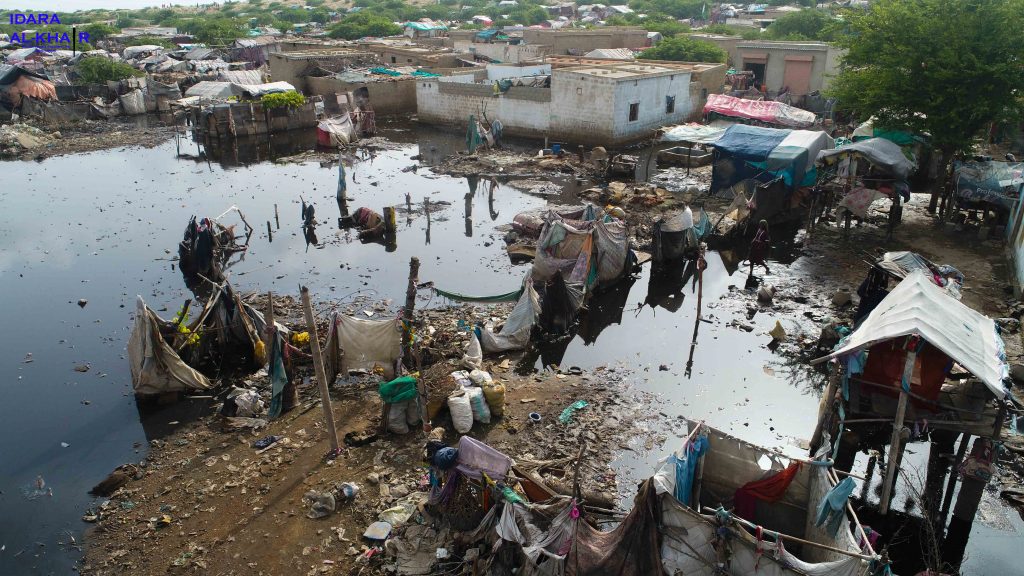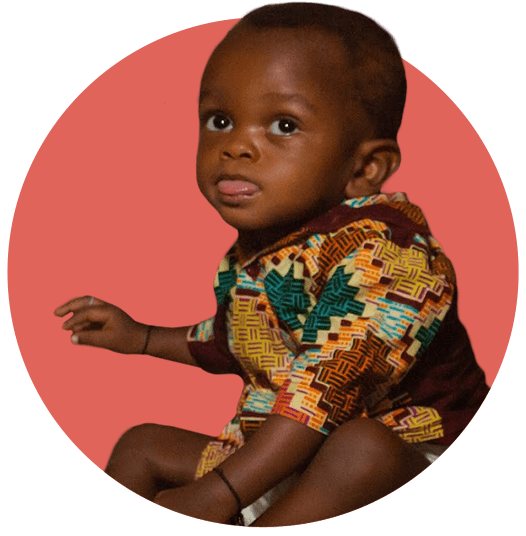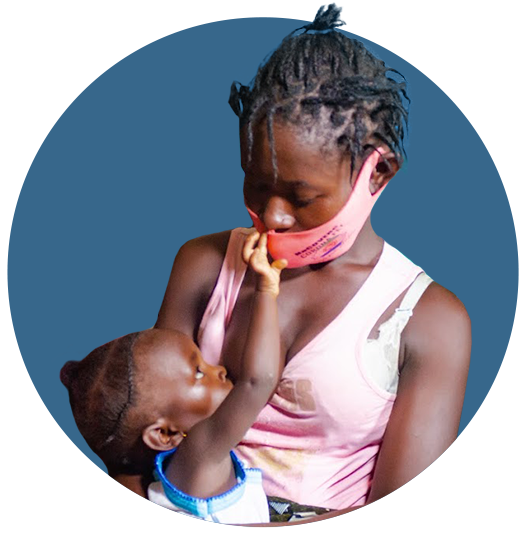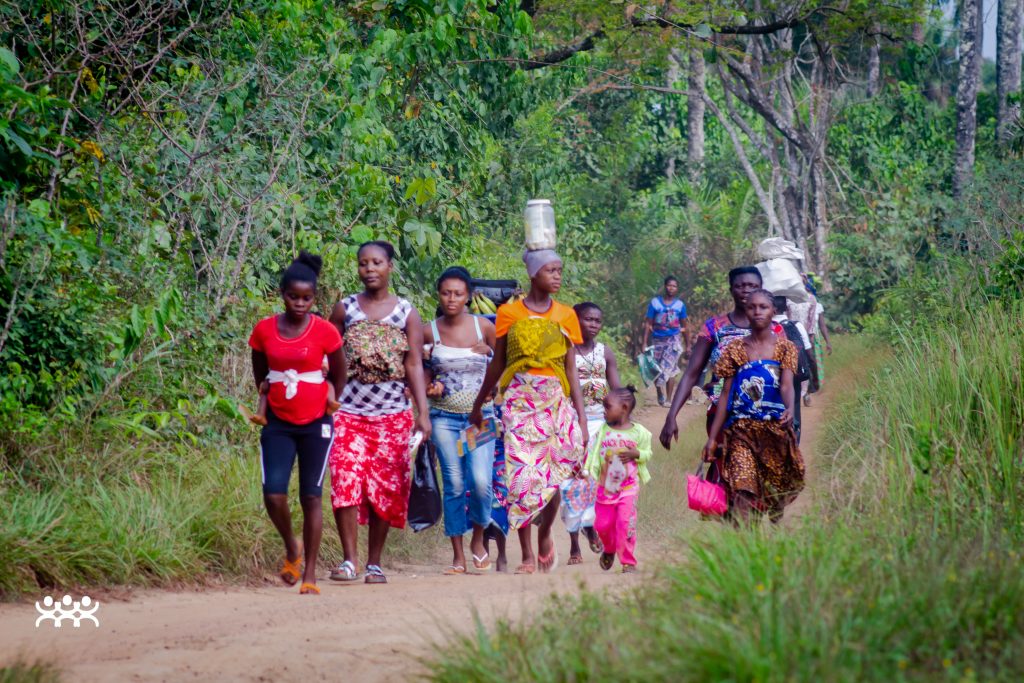Building Communities in
Sierra Leone
At Thaakat Foundation, we believe that access to quality healthcare and education is the key to breaking the cycle of poverty. That’s why we’ve partnered with the district of Pujehun to bring critical services to the country’s most vulnerable and rural communities.
Together with local partners, we’ve built integrated health and education campuses, six and counting, where families can access life-saving medical care and children can receive an education in a safe, supportive environment. Our mission is simple: empower communities with the tools they need to thrive.
Build Schools in Sierra Leone
A safe, hygienic, and welcoming school environment transforms learning outcomes: student attendance improves, teachers remain committed, and more girls are able to attend and continue their education. These schools become the foundation for healthier, stronger, and more self-sustaining communities across Sierra Leone’s most underserved regions.

![old_school_SL[1]](https://thaakatfoundation.org/wp-content/uploads/2022/08/old_school_SL1.jpg)
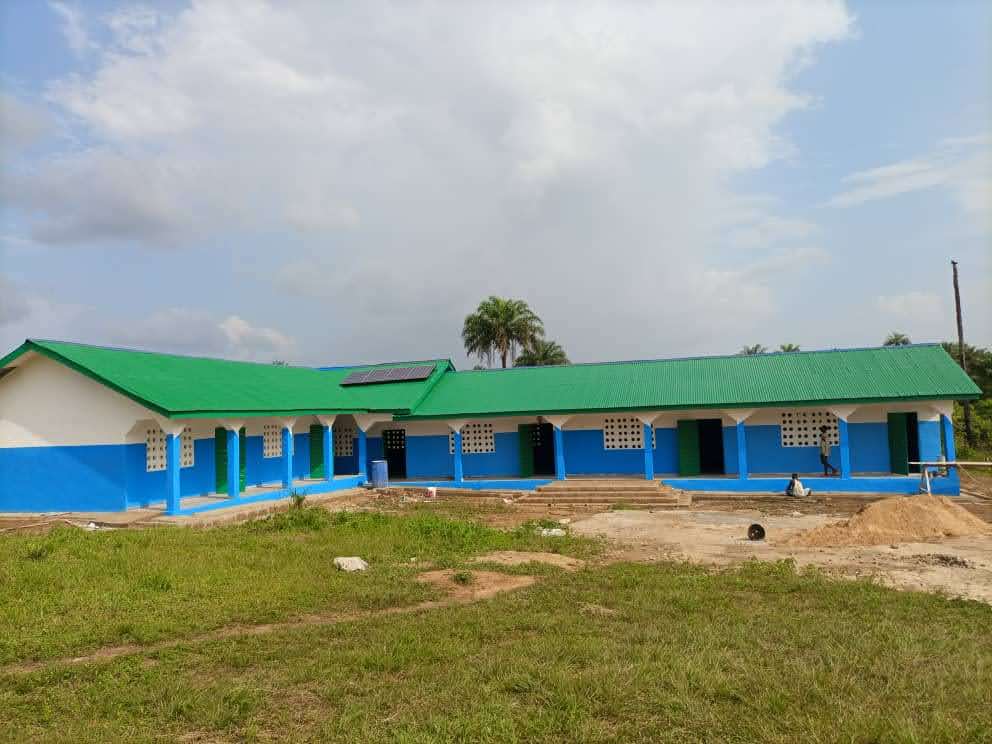
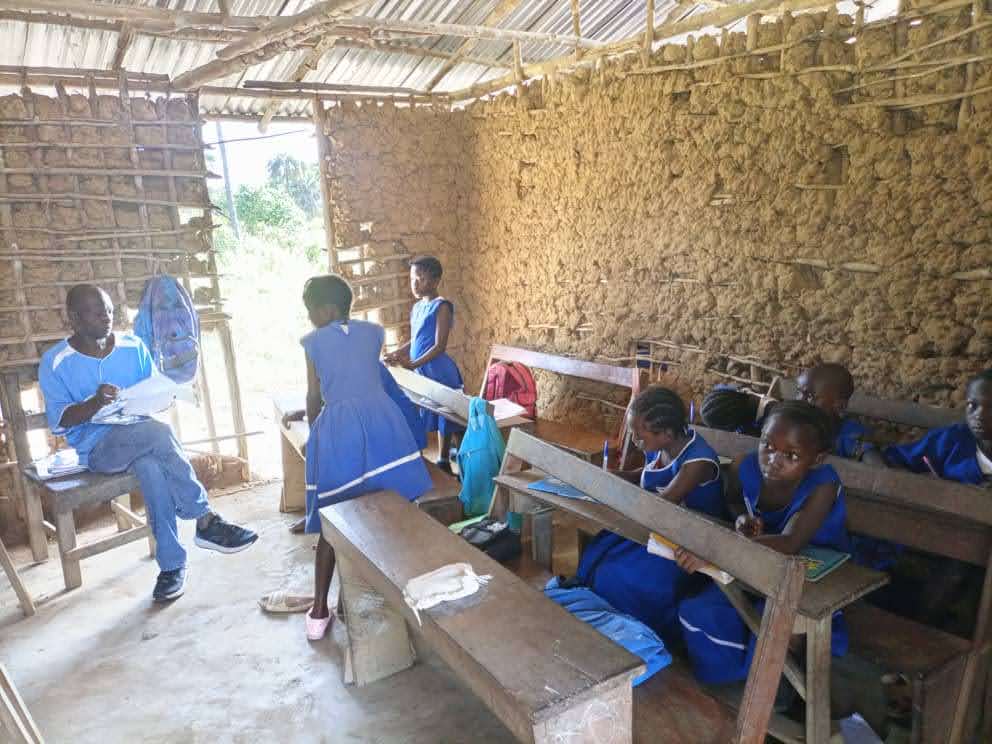
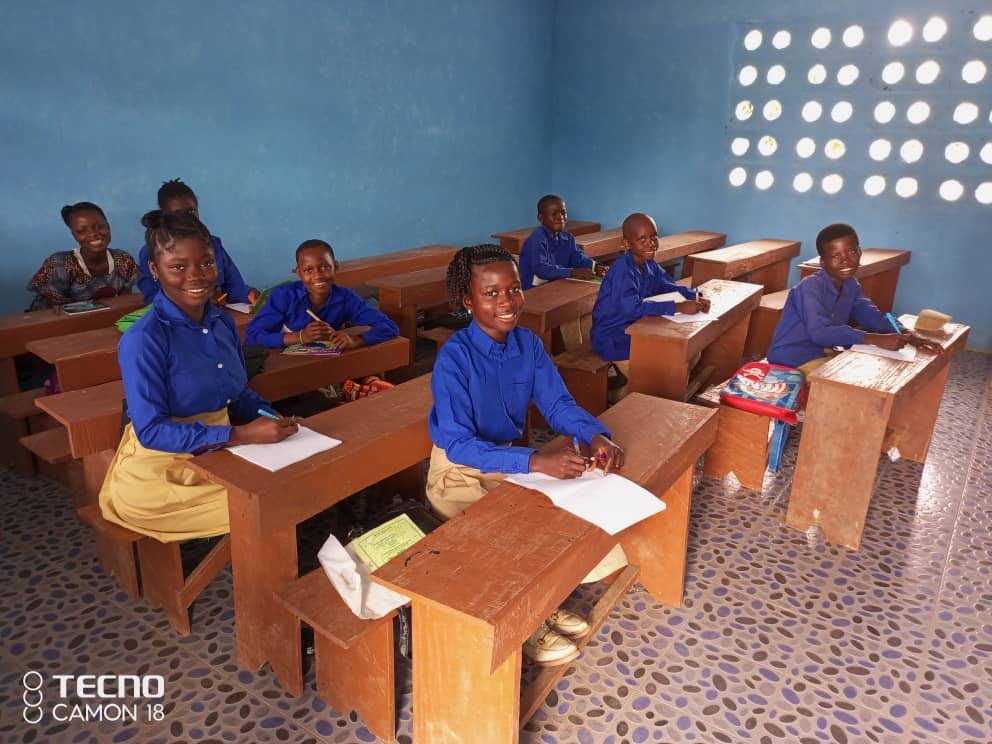

Newest Health Campus Launched in 2025
“There’s a swelling optimism that the new Thaakat Foundation health facilities will change the dynamics of Maternal and Child health and general healthcare service delivery in the community and beyond.
We saw inspired nurses radiating feelings of joy and determination to work and do what they do best; save lives.
We saw lactating mothers and pregnant women now exuding new found confidence and hope in the healthcare system.
We saw kids and patients beaming with smiles while happily posing for pictures, eager to share their stories.”
Tejan Kabia
Sierra Leone Field Team
Healthcare Without Borders
STD
Prevention
Teen Pregnancy Support
Malnutrition Treatment
Child Immunization
Ensuring sanitation & disease reduction
We are working to reduce the instances of mosquito-borne malaria.
Malaria is the single largest cause of illness in Pujehun, Sierra Leone. At any given time, more than half of the population in our served communities will test positive.
Every year, we implement several rounds of malaria education and prevention in the communities we work in. From rapid testing to concierge on site treatment and insecticide spraying–we hope our services help to curb the burden of this terrible disease.
World's Deadliest AnimalsNumber of People Killed by Animals per Year
725,000
Mosquito
50,000
Snake
10,000
Tse Tse Fly
10,000
Assassin Bug
25,000
Dog
1,000
Crocodile
2,500
Ascaris Roundworm
2,000
Tapeworm
500
Hippo
SOURCES: WHO; crocodile-attack.info; Kasturiratne et al (doi.org/10.1371/journal.pmed.0050218); FAO (webcitation.org/6OgpS8SVO); Linnell et al. (webcitation.org/6ORL7DBUO); Packer et al. (doi.org/10.1038%2F436927a); Alessandro De Maddilena. All calculations have wide error margins.
We create Community Solutions
Patients Treated
Maternal and Child Health Care Centers Built
Public Bathrooms Constructed
Healthy Babies Delivered
Supplementary programs in action:
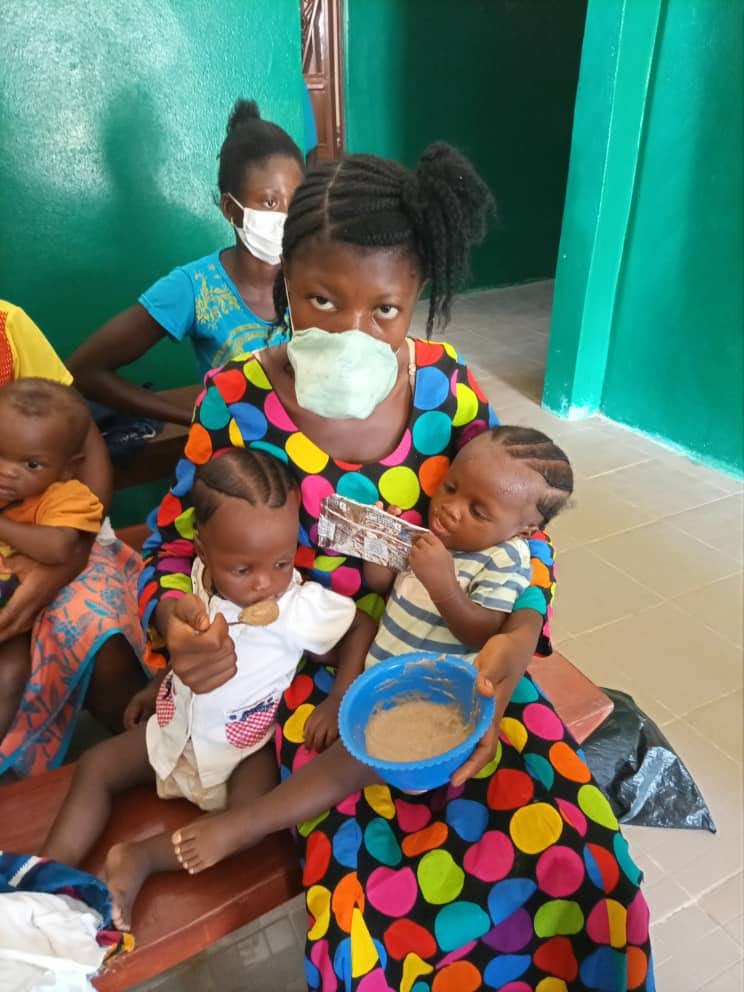
Little Promises Program
Decreasing maternal fatalities
Sierra Leone’s maternal mortality rates are the highest in the world and a third of all infants do not live to see the age of five. Our goal is to increase child and maternal survival rates by providing free and quality access to healthcare.
Stop the Bug Program
Reducing Malaria Transmission
As we review monthly statistics and challenges at our center, we continue to see spiking malaria rates. We work to interrupt malaria transmission by depleting mosquito breeding grounds and encouraging good sanitation and self-protection.
